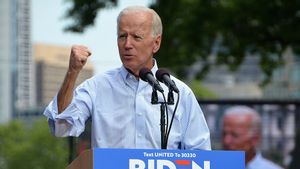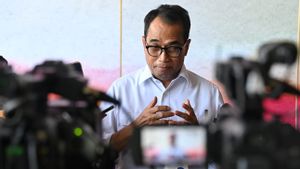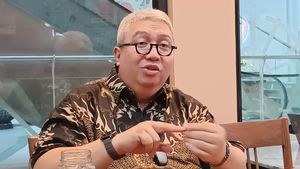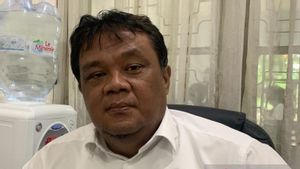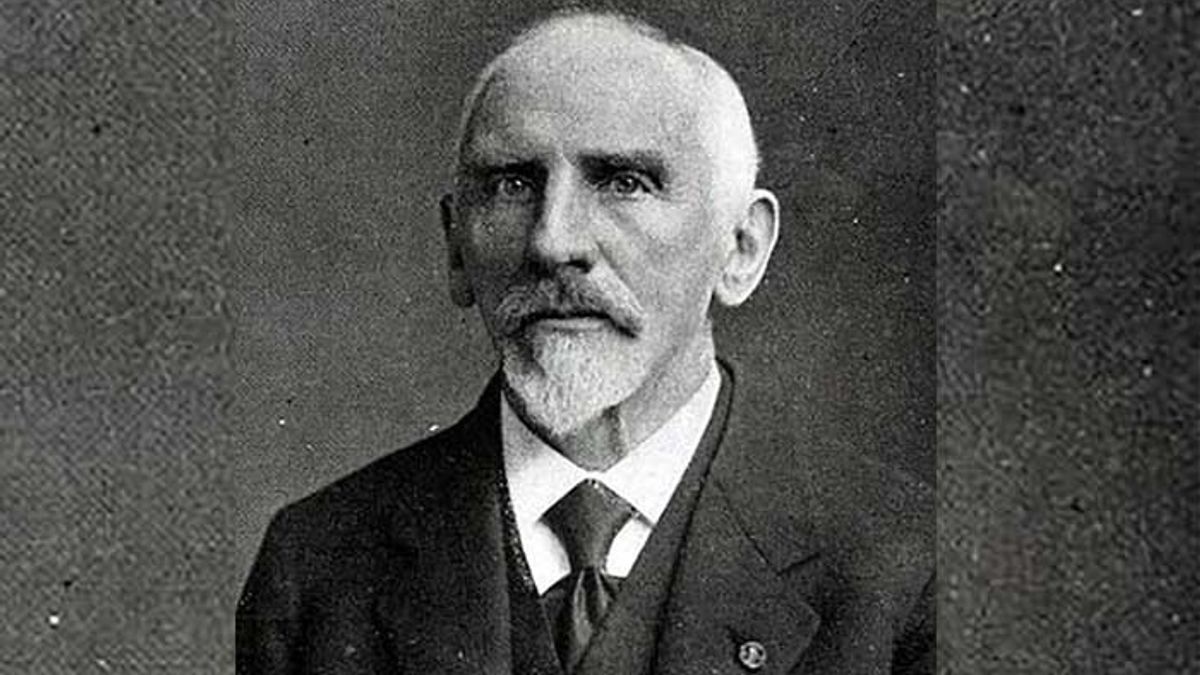
JAKARTA History today, 126 years ago, November 23, 1896, Advisor to the Dutch East Indies Bumiputra Affairs, Snouck Hurgronje wrote a letter to Governor General Carel Herman Aart van der Wijck. Snouck asked the Netherlands to be aware of the massive spread of Islamic books.
He believes that reading from these books can trigger rebellion. Especially in the discussion of the jihad war. The Dutch must move quickly to anticipate the spread. This is because Islam is the majority religion held by the natives.
The entry of Islam into the archipelago was greeted with enthusiasm. Many bumiputras were attracted and turned from ancestral religion to Islam. Luwes Islamic teachings became the estuary. Islam is considered to be able to blend in the joints of life of the bumiputras.
This situation makes Islam easy to accept by all groups. From the elite to the commoners. All kinds of Islamic teachings are then carried out. Up the pilgrimage to Mecca let alone. The Muslims of the archipelago are also competing to be able to fulfill the fifth Islamic Rukun: pilgrimage.
Taking the pilgrimage is considered the right reason to explore Islamic religious knowledge. Most of those who come home also bring enough religious knowledge. Those who have made pilgrimages are many who choose to become ulama. They many establish religious schools.
The goal is that Islamic religious knowledge continues to be imitated and inherited from generation to generation. Not infrequently there are religious lessons, most scholars also perpetuate the Pan-Islamism narrative. An understanding that invites Muslims to fight Dutch colonialism.
In Javanese society, minority groups who try to truly obey the obligations of Islam in everyday life are said to have changed, Muslim people (Muslims), white people (white groups), or students (religious school students). There are two groups that can be distinguished in this community group: rural Muslims who group around Islamic religious teachers (kyai) and their religious schools (mesantren, places of students).
Dan, yang lainnya, kelompok-kelompok muslim urban yang kerap berkembilan di bidang perdagangan. Kelompok-kelompok muslim urban tinggal di daerah tersendiri di kota-kota Jawa yang disebut kaumman (tempat orang-orang yang debih), biasanya di dekat masjid raya. Pada awal ENTHUsia ke-20, para muslim berkota ini berhubungi dengan ide-gasan pemberbaruan dan kemajuan, ungkap Harori MC Ricklefs dalam buku Sejarah Indonesia Modern 12002008(2008).
Islamic development grows rapidly and strongly in the archipelago. This fact makes everything related to Islam happen. The books by local and foreign scholars are always selling well. Moreover, Islamic books are sold freely in the Dutch East Indies.
The bumiputras like it. However, not for Snouck Hurgronje. The Bumiputra Affairs Advisor saw the free sale of Islamic books as a threat to the Dutch. The contents of the book that often contains part of the jihad war are considered to be able to spark resistance against the Dutch.
He also conveyed his observations and views to the Dutch East Indies ruler, Carel Herman Aart van der Wijck, through a letter on November 23, 1896. He asked the Dutch to immediately take action to limit the spread of Islamic books so that there would not be many rebellions.
First of all, it needs to be called rather old religious lesson guidelines, and more or less classical, about laws according to Syafi'i's mazhab, here are the interpretations and explanations of these works. Next are the books of lessons about the proposal or the dogmatics as well as the mystical of the like, the interpretation of the Quran, the hadith sets, the history of the sufi, the legends of the sacred people, and the books to build a solemn atmosphere in general, as well as the weights that are always reprinted.
"Meanwhile, there are usually prominent clerics in Mecca, Cairo and the Dutch East Indies who compose essays or make efforts about these fields. In this country such writings, thanks to the well-known names of their authors, can generally sell quite well, although from the point of view the materials presented there are not many new things," said Snouck Hurgronje in his book Nasnih-Nasnih C. Snouck Hurgronje During his Personnel Period to the Government of the Dutch East Indies 1889-1936 Volume 10 (1994).
The English, Chinese, Japanese, Arabic, and French versions are automatically generated by the AI. So there may still be inaccuracies in translating, please always see Indonesian as our main language. (system supported by DigitalSiber.id)


